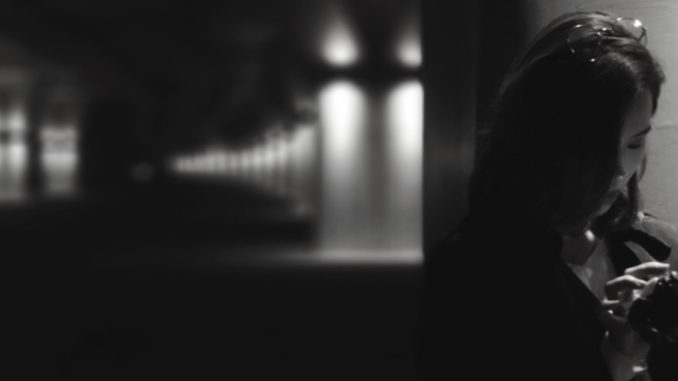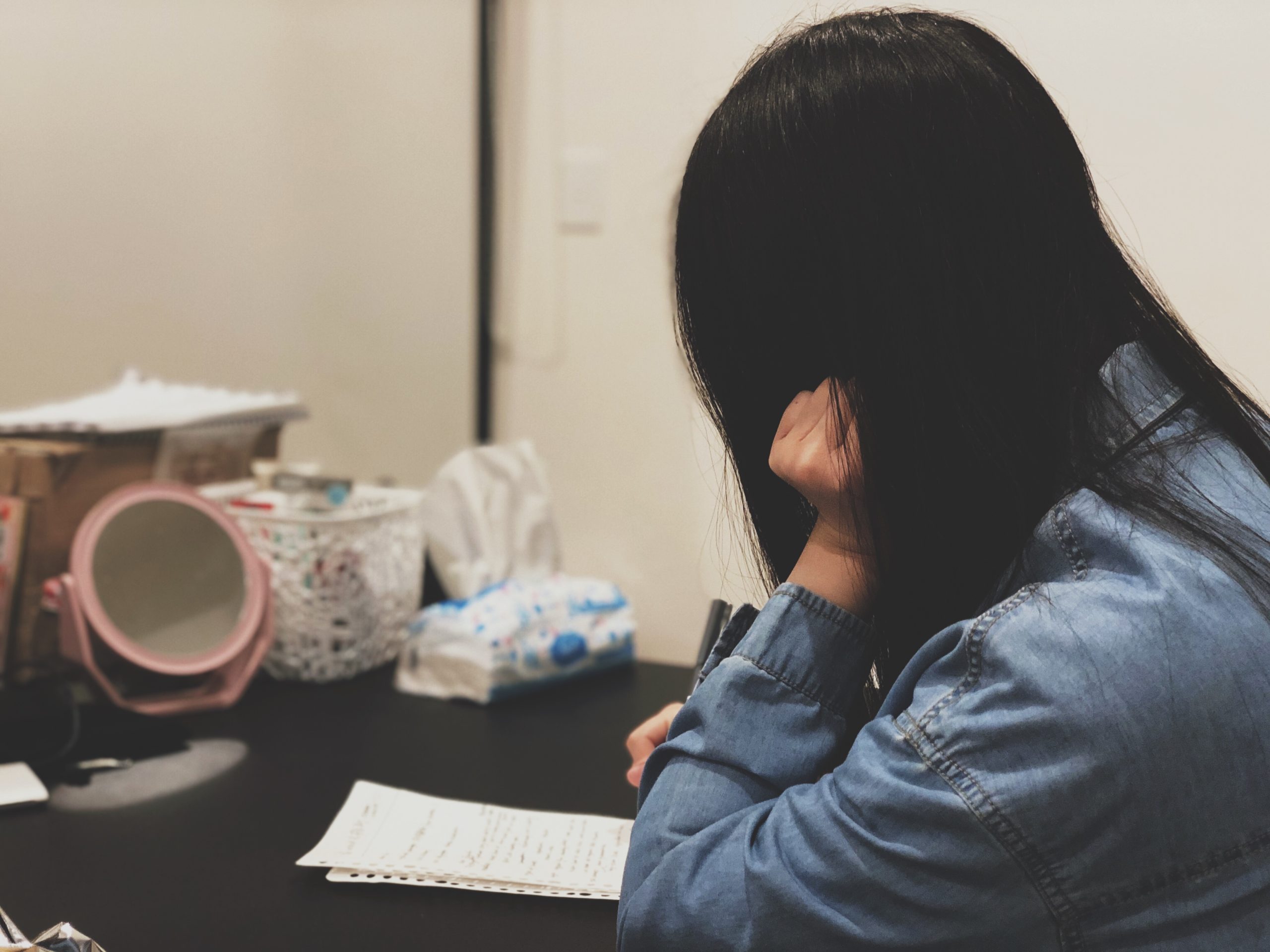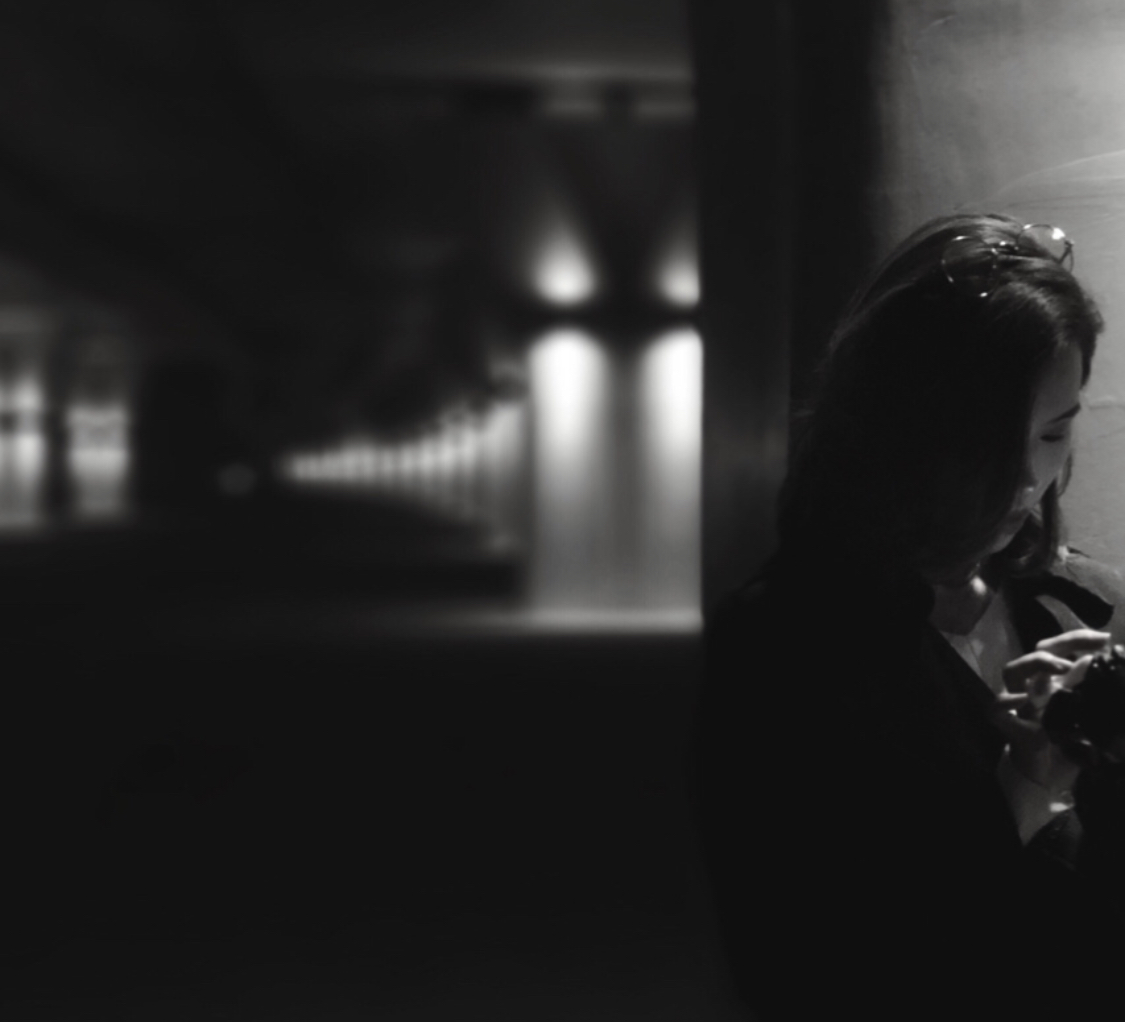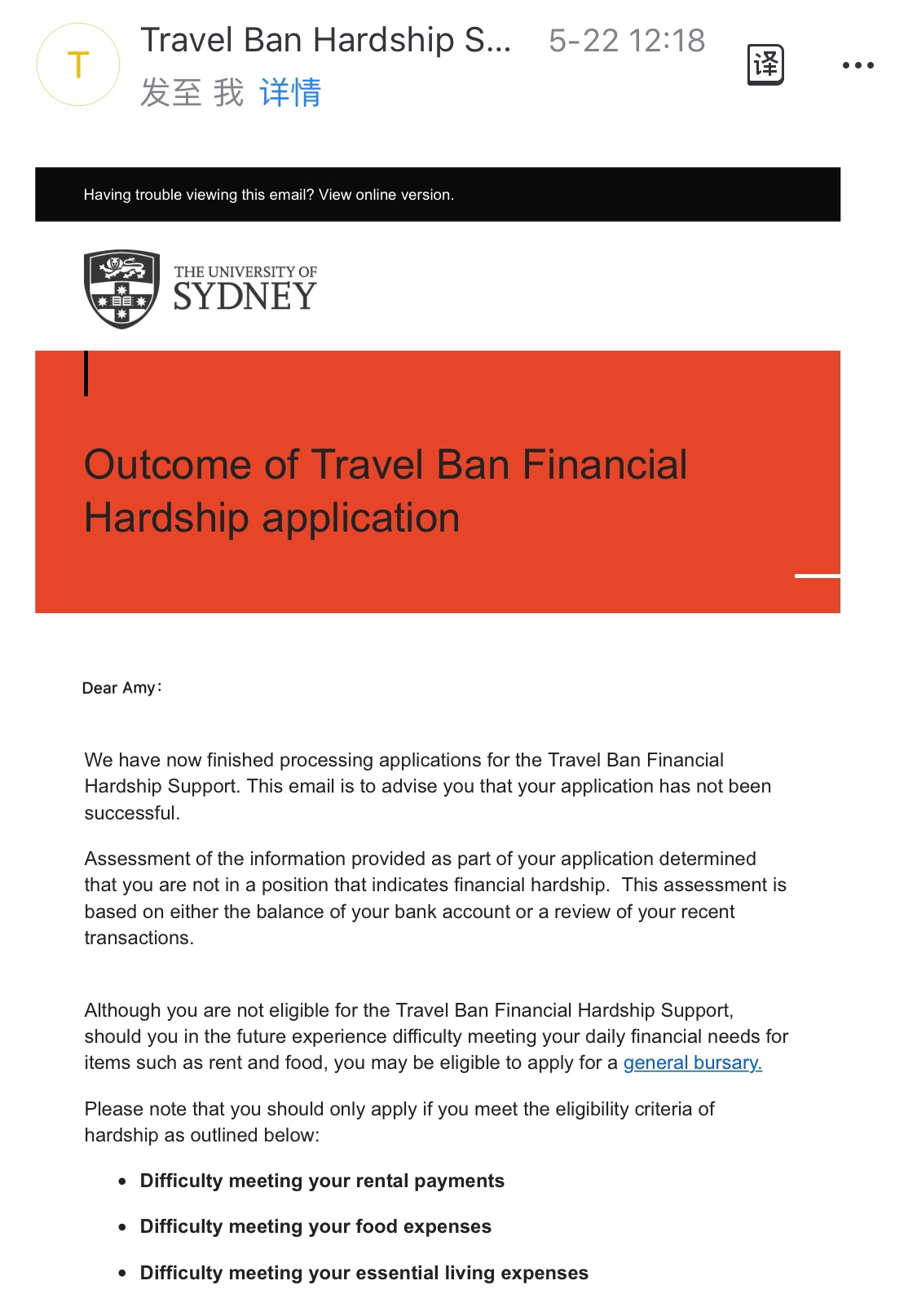
Even before the COVID-19 epidemic, there was a mental health crisis in academia. For example, a 2019 study found that anxiety and depression were nearly six times more common in graduate students than in the general population. In a recent report by June Gruber revealed that the outbreak of the epidemic in 2020 might lead to even more extreme pressure on academic, mental health challenges.

In this period, many local and international university graduates refused to be hired due to the whole business shutdown. Many international graduates continuously to worry that they might be graduating into an international business recession.
Not only is it probably the worst recession in living memory, but it has already caused massive job losses in the industries of important graduate employers. In this period, larger graduate employers, at least in short to medium term, have had a significant impact on employment levels. Many organizations in Australia, particularly in the retail, food, tourism, and arts sectors, will not be able to remain closed. If that happens, employment levels might fall for many years.
Three-fifths of Australia’s 1.4 million university students, including international students, are between the ages of 18 and 24. They note that at least a quarter of them will experience mental illness in any academic semester. According to Orygen (2017), insomnia, eating disorders, drug, and alcohol abuse, financial crisis, and work-study balance are all risk factors that lead to or exacerbate university students’ mental health disorders.

The long-term uncertainty of students not being sure whether they can continue their studies or finish finding a job in Australia can seriously affect their mental health.
The real situation about an international graduate student.
Our interviewer Amy is an international graduate student at the University of Sydney. She suffered from anxiety and depression during this special time.
“I can’t communicate with my professors face to face. I feel anxiety and depression; I don’t know how to deal with a lot of online courses. Online courses increase my stress and work amount. I depend on medicine to fall asleep every night. I often overeat to escape the anxiety or is unable to eat anything cause too depressed all the time. I feel very desperate every day. Sometimes I want to help, but no one can help me.”

A recent report found that international students are at higher risk of mental illness than domestic students due to cultural, linguistic, and academic barriers.
In 2019, Victoria’s coroner’s court-ordered an inquiry into the deaths of other students, followed by a study of 27 suicides among international students in the state of Victoria between 2009 and 2015. Another report related to this topic identified three recommendations for the federal department of education and says the mental health of international students should be given high priority.
Where does all this stress and anxiety coming from:
Financial pressure:
Almost 50% of Australia’s international students are renters, more than 50% of them depend on those part-time jobs to pay their rent and daily needs, but most of the temporary and part-time jobs they rely on have disappeared during this particular period. The results of a recent survey of international students living in private rental housing (conducted before COVID-19) indicate that up to half of these students may not be able to pay their rent. Many people still live in very crowded conditions, so even if they do not lose their current homes, they will find it challenging to isolate themselves.
Like many local workers, they have lost their jobs in the COVID-19 pandemic, with some companies retaining only a small number of full-time employees and part-timers losing their jobs and not being eligible for the JobKeeper wage subsidy because of their status, this is because the job keeper only applies for citizens, not including employees who holding student visa or working visa.
“Before the outbreak, I have two part-time jobs to support my living expenses and rent. Both of them are part-time jobs. However, from March 27, 2020 till now, I have been through two full months without work. I accumulated before running out salaries. Besides the flight ticket is very expensive, I can’t afford return flights, I feel anxious about my future”

In Australia, there are areas where governments and universities provide some assistance to international students, such as the Victorian government’s $45 million international student emergency relief fund. Some universities also conducted fund policies to help students, such as the University of Sydney, offer hardship in different amounts. And university moves the psychological counseling to online via zoom and phone calls.
However, Amy mentioned that “I try to apply for the travel ban hardship at the University of Sydney, and the process is stringent. At first, I didn’t get an email from the university. So we asked the university to send an application link again. Unfortunately, on May 22, I received the refused email. I have some of my classmates have received subsidies. However, there are quite a large proportion of students who did not receive hardship; we felt very disappointed about the university. I had lost the last resort.”

Social pressure:
Amy also revealed that “sometimes when I walked on the street, I was just so scared and worried, some locals staring at me and said some bad thing to me a few times. It makes me feel more anxious and scared more”.
In an ABC news mentioned that about a quarter of people who have filed racial discrimination complaints in the past two months say they have received some unfair treatment because of COVID-19. Others will be mistreated because they wear masks or because they have Asian faces.
They need professional help!
A professional university counselor revealed that the students’ situation is worthy of attention. And their mental health problems becoming worse than before. Especially for graduates students, many of them mentioned several mental problems. However, we don’t need to think too severe about it. It’s the reality at the moment, and it’s normal for students to have anxiety or worry about the future.
“We can’t change other people’s minds or the state of the world. What we can do now is adjust our situation.”
She also introduced 3 strategies to help graduates to overcome those mental health problems.
- Some graduates, including international students, should consider whether their goals are too high when they navigate jobs in the workplace. They should accurately locate the roles they can apply for according to their abilities and conditions. In addition, students should make practical plans according to their abilities, which can help reduce anxiety.
- Make a plan for each day is a good strategy. If you have problems with sleep or eating, you should make a feasible plan, such as turning off all mobile devices before going to bed and reading books and magazines. In terms of diet, eat more times in a day and keep it to a balanced habit.
- Deep breathing and muscle relaxation techniques are used to relax when you are anxious or in a heightened state of mind.
We also call on the Australian government to work closely with international students and universities to develop practical support aimed at alleviating the driving forces of mental distress and to ensure that these subsidies are implemented to address their external pressures.
Let us feel Amy’s real-life during this special time.
Video: Siyu Hu (all rights reserved)
Listen to the interview about Amy’s real feelings
Audio Interview by Siyu Hu (all rights reserved)





Be the first to comment